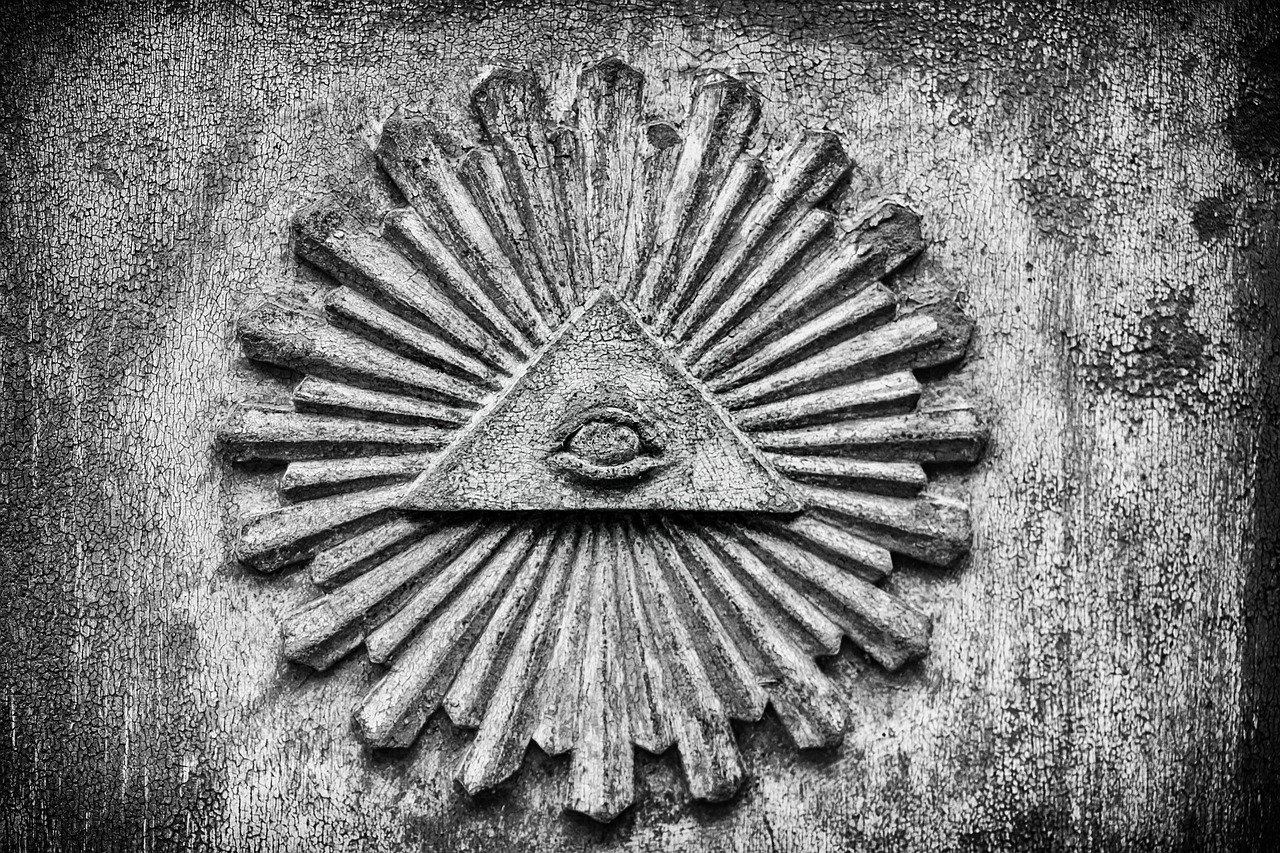Casinos have always been shrouded in mystery, glamour, and suspicion. For every jackpot winner celebrating their fortune, there’s someone convinced the house is playing dirty. From allegations of rigged slot machines to claims that shadowy organizations control who wins and loses, casino conspiracy theories refuse to die. While players seeking legitimate experiences turn to the best gambling sites in Canada with proper licensing and transparency, conspiracy enthusiasts see manipulation everywhere. Let’s dive into the wildest theories that have captivated gamblers and skeptics alike.
The Oxygen Myth: Pumping Air to Keep You Playing
One of the most persistent casino legends claims that establishments pump extra oxygen into their gaming floors to keep players alert, energized, and gambling longer. The theory suggests that higher oxygen levels prevent fatigue and cloud judgment, turning casual players into marathon gamblers. However, this myth has been thoroughly debunked by fire safety experts and casino operators alike. According to Scientific American, increasing oxygen levels in enclosed spaces creates serious fire hazards and would violate building codes across North America. Casinos do manipulate atmosphere—through lighting, music, and lack of clocks—but oxygen pumping remains pure fiction.
Facial Recognition and the Big Winner Blacklist
Some conspiracy theorists believe casinos use sophisticated facial recognition technology not just for security, but to identify and ban players who win too frequently. The theory extends further: a secret database shared among casinos worldwide tracks “lucky” players and adjusts machine odds when they sit down. While casinos do use facial recognition to catch card counters and known cheaters, the idea of a global winner blacklist stretches credibility. Casinos actually want winners—they provide the success stories that keep people playing. The house edge ensures profitability over time regardless of individual lucky streaks.
Slot Machines Programmed to Tease Near-Misses
Perhaps the most plausible conspiracy involves slot machines deliberately displaying near-miss combinations to create false hope and encourage continued play. Players report seeing jackpot symbols land just above or below the payline with suspicious frequency. Modern slots do use complex algorithms, and while regulatory bodies require random number generators, critics argue manufacturers design visual feedback to maximize psychological hooks. The line between legal game design and manipulative programming remains hotly debated, especially as slots become increasingly sophisticated with multiple screens, bonus rounds, and engaging narratives that blur the distinction between gaming and gambling.
The Illuminati Connection: Secret Societies and Casino Control
Where there’s money and power, Illuminati theories inevitably follow. Some conspiracy enthusiasts claim that secret societies control not just global finance and politics, but also the gambling industry. According to these theories, casino outcomes aren’t random—they’re predetermined by shadowy puppet masters who decide which players win based on larger agendas. The modern revival of such secret organizations has only fueled speculation about their reach into every profitable industry, including gambling. These theories often overlap with broader Illuminati conspiracy narratives about controlling entertainment, media, and finance sectors worldwide.
Common Red Flags That Feed Conspiracy Theories
While most casino conspiracies lack evidence, certain industry practices do raise legitimate questions that fuel suspicion. Consider these factors that conspiracy theorists point to:
- Lack of transparency: Proprietary algorithms in slot machines remain trade secrets, making independent verification difficult
- Mathematical house edge: Every game is designed to favor the casino long-term, which feels rigged to losing players even when operating fairly
- Comps and rewards: Free drinks, hotel rooms, and meals are strategic tools to keep players gambling longer, not acts of generosity
- Strategic design: Windowless rooms, maze-like layouts, and absence of clocks are deliberate psychological manipulations
- Winner publicity: Casinos heavily promote jackpot winners while losers remain anonymous, creating survivorship bias
These aren’t conspiracies—they’re documented business strategies. But when combined with bad luck and cognitive biases, they create fertile ground for more elaborate theories.
The Psychology Behind Casino Conspiracy Beliefs
Why do casino conspiracies persist despite little evidence? Human psychology provides answers. Losing money feels personal and painful; believing in rigged systems offers emotional protection by externalizing blame. The gambler’s fallacy—expecting past results to influence future outcomes—makes random losses feel deliberate. Pattern-seeking brains find meaning in coincidence, especially during emotional experiences like gambling. Confirmation bias ensures that any suspicious event confirms existing beliefs while contradictory evidence gets dismissed. Casinos profit from these psychological vulnerabilities, but exploiting human nature through design isn’t the same as rigging individual games.
Separating Fiction from Reality
Most casino conspiracy theories crumble under scrutiny, but that doesn’t mean the industry operates with complete integrity everywhere. Unlicensed offshore casinos do rig games, which is why regulatory oversight matters. Legitimate land-based and online casinos face strict auditing, but psychological manipulation through design remains standard practice. The real conspiracy isn’t that specific games are rigged—it’s that the entire environment is engineered to maximize time and money spent gambling. Understanding this reality is more valuable than chasing elaborate theories about oxygen pumps or secret societies controlling slot machines.



